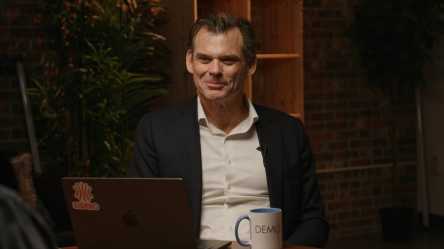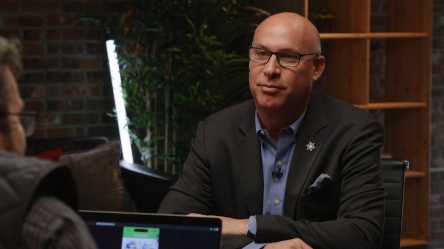Rich Man, Poor Man
Globalization and Its Discontents
By Joseph E. Stiglitz
W.W. Norton & Co., 2002, $24.95
Joseph Stiglitz has the courage of his naivetŽ.
A winner of the 2001 Nobel Memorial Prize in Economics, a member of President Bill Clinton’s cabinet, former chairman of the Council of Economic Advisers and chief economist of the World Bank, Stiglitz declares himself shocked?shocked!?to discover that decisions made by the World Bank and the International Monetary Fund (IMF) are driven not by practical assessments of economic conditions but by politics and ideology. Specifically, by politics that ensure Western profits, rationalized by the belief that no matter what the cost, nothing should be allowed to interfere with the freedom of markets.
And even that belief, when put into practice, is tainted by hypocrisy, Stiglitz observes. The IMF beats the drum for transparency while conducting its deliberations in secret. It orders governments to get out of the market while winking as Americans and Europeans subsidize their own farms. It demands that developing nations eliminate trade barriers while the Western powers get to keep their own. In short, globalization, as currently practiced, is, according to Stiglitz, a cruelly efficient engine of exploitation. Its benefits redound to the rich. The poor, without exception, get poorer.
Stiglitz’s book is both a documentation of his argument (with examples drawn from IMF-caused market disasters in Asia and Russia, among others) and a cri de coeur to return the IMF to its original purpose: collective action at a global level for economic stability. Until that should come to pass, both the people oppressed by globalization and those reaping its benefits will be locked in a morbid relationship that will, ineluctably, lead to misery and its stepchild, violence.
The defining nature of globalization is that it involves everyone. One ignores Stiglitz’s book at one’s peril.
-David Rosenbaum
Tutoring Intuition
Intuition at Work: Why Developing Your Gut Instincts Will Make You Better at What You Do
By Gary Klein
Currency/Doubleday, 2003, $26
If you’re one of those people who think intuition is the exclusive domain of the Psychics Network, don’t waste your time with Klein’s book. But if you believe that intuition?which Klein defines as experience translated into action?is a skill that can be honed with practice, this book may help. Through exercises and examples, Klein aims to teach readers how to blend intuition with analysis, how to speed the process of intuitive learning and how to clearly communicate intuition to colleagues. Most important for CIOs, Klein sounds an alarm about how information technologies can cripple intuition by disabling the expertise of people, slowing down learning and teaching dysfunctional skills. The book also provides specific advice about ways to combat IT’s devastating effects.
-Megan Santosus
CIO Best-Seller List
5 What Management Is: How It Works and Why It’s Everyone’s Business
By Joan Magretta
The Free Press, 2002 4 Leadership on the Line: Staying
Alive Through the Dangers of Leading
By Ronald A. Heifetz and Marty Linsky
Harvard Business School Press, 2002
3 Leadership
By Rudolph W. Giuliani
Miramax Books, 2002 2 Who Says Elephants Can’t Dance? Inside IBM’s Historic Turnaround
By Louis V. Gerstner Jr.
HarperCollins Publishers, 2002 1 Globalization and Its Discontents
By Joseph E. Stiglitz
W.W. Norton & Co., 2002
Source: Jan. 15, 2003, data compiled by WordsWorth Books, Cambridge, Mass.
The New BookShelf
“The Athenians’ individual-centered values of freedom and equality remain profoundly influential today, and Athenian democracy itself stands as a shining example of the resilience of an organization based on a culture of citizenship.”
From A Company of Citizens: What the World’s First Democracy Teaches Leaders about Creating Great Organizations, by Brook Manville and Josiah Ober (Harvard Business School Press, February 2003)








